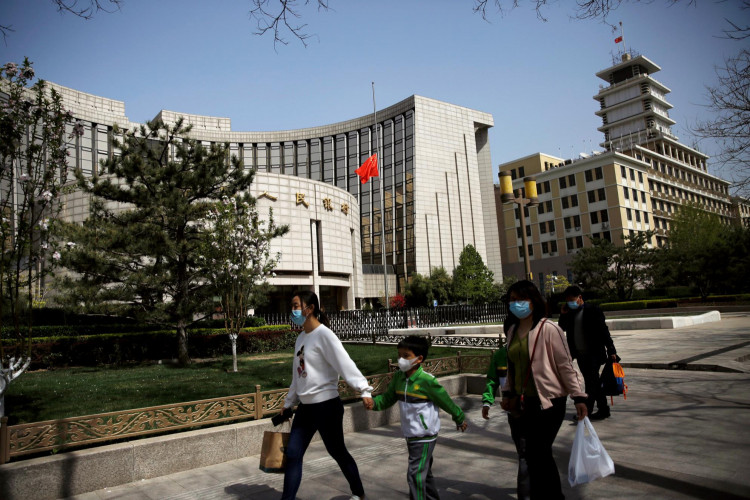Chinese authorities have been surveying their small and medium enterprises (SMEs) to aid in the formation of a more responsive policy to remedy lending troubles. These businesses claimed that it has been more challenging to acquire loans from banks as entities continue to suffer from cash flow problems.
The Chinese government surveyed small factories and shops. These SMEs claimed to have a harder time acquiring loans from banks since the epidemic hit the country.
The survey was launched by the Ministry of Industry and Information Technology last Tuesday to map the credit problem of businesses, cash flow issues, and banks' reluctance to offer loans. Before the survey, the People's Bank of China already lodged funding for smaller banks to increase their lending capacities since the pandemic. However, regional lenders have been offered little incentives to provide loans to small borrowers due to the latter's lack of collateral and their higher default risks.
At present, China has 30 million SMEs that account for 80 percent of the country's jobs. According to the Ministry of Industry and Information Technology, they also contribute to the country's GDP by 60 percent and half of the tax revenue.
The said survey inquired into the financial situation, acquisition of loans since the pandemic, the need for deferral period on interest payments, and the difficulty of seeking new loans or acquiring loan extensions from banks of these SMEs. The feedback of the participants would then be used for future government decision-making and the imposition of financial policies in the country.
In other news, Bloomberg reported that the People's Bank of China (PBOC) replaced some maturity loans. The cost of targeted funds was also reduced by 2.95 percent from January's 3.15 percent rate. The due for these rollovers were set this Friday.
China's central bank also injected 56.1 billion yuan into its banking system via the targeted medium-term facility. The said fund was in response to 267.4 billion yuan of debt that became due and demandable. Analysts were told to expect a cut imposed by the PBOC after some of its other policy tools were rendered ineffective to remedy to loan challenges of SMEs.
The PBOC also waived the offering of short-term funding through its open market operations for 17 consecutive days. The 10-year government bonds then decreased by 2.46 percent after the announcement was made, a decrease not experienced in the country since 2002. Futures of the same ground also improved by 0.09 percent this Friday, setting another record-high close.





